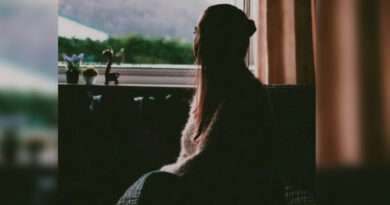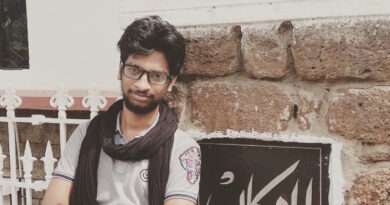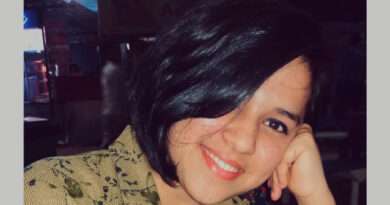Disability and Queerness
By Anusha
Intersectionality has often been defined as the overlapping of our social and political identities; it is the creation of systemic layers of experiences and discrimination.
✨✨
In India, women with disabilities have experienced multilayered marginalization from mainstream society. Moreover, dialogue regarding sexuality in India has remained both contested and disregarded. While talk around the sexuality of women is simply curbed and silenced, the exploration of the sexuality of women with disabilities is nearly non-existent, to say the least. Thus, the predominantly stigmatized lens through which we speak of gender, sex, and desire of women with disabilities is an impediment to understanding the complexities of their experiences with sexuality.
✨
Disability, for women, has essentially led to their exclusion from femininity, motherhood, sexual pleasure, and intimacy and most importantly has rendered their voice unheard at the institutional level. They are constantly undermined as decision-makers and are deemed unfit for reproduction, marriage, or having sex/sexual partners. Moreover, the vulnerability of women with disabilities to violence, and the rampant increase of cases of sexual violence against them both within their homes and in public spaces needs immediate attention. These are all the effects of a socio-political ecosystem that functions on the oppression and exploitation of these women.
Revival Disability Magazine is an upcoming digital magazine about Disability, Resilience, and Sexuality. Revival thrives on difficult conversations that are often left unsaid, the visibility of silenced voices and unseen faces. Our existence is a rebellion and we are Here To Stay. 💪
@revivaldisabilitymag on Instagram



